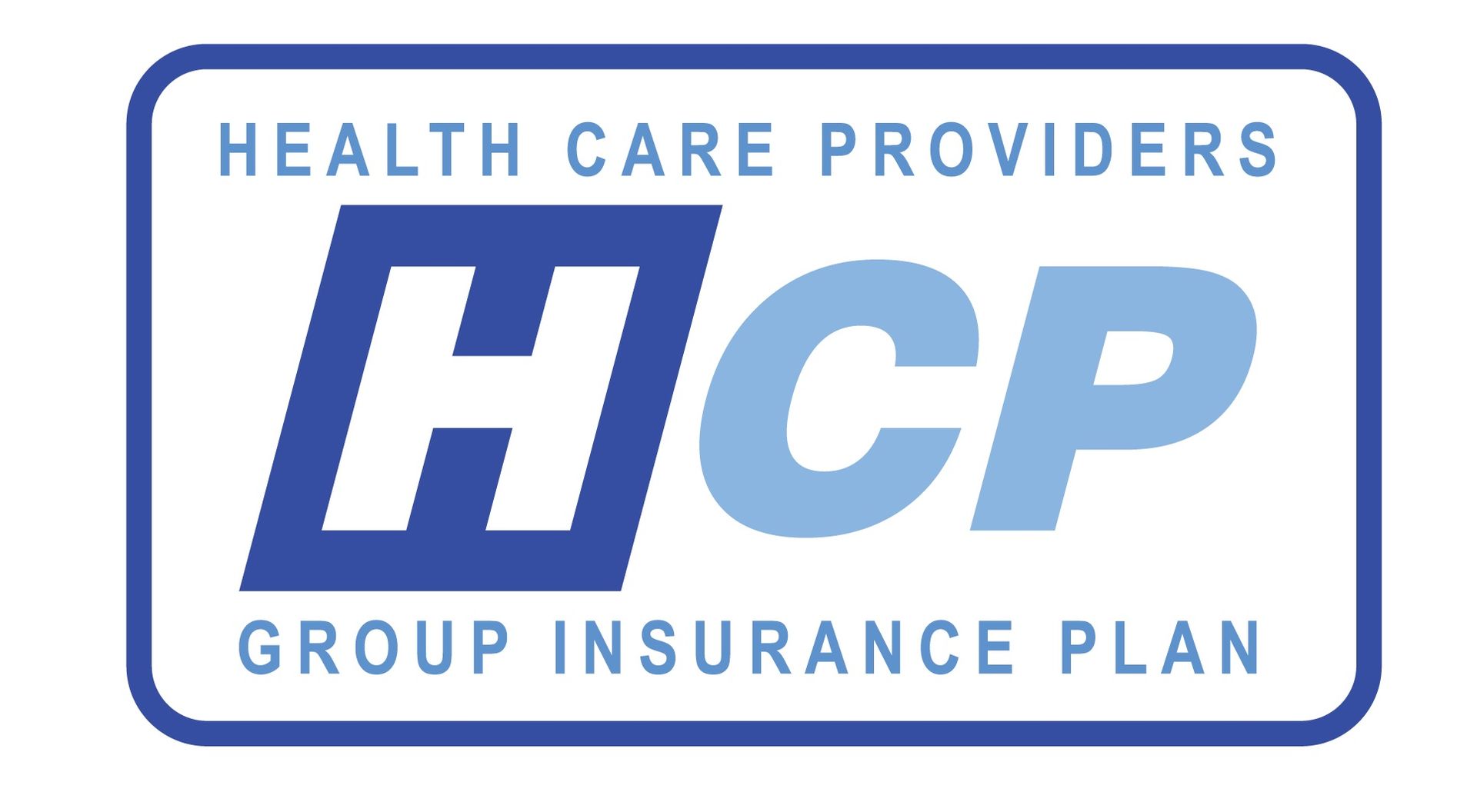GROUP BENEFITS FOR PART-TIME OR CASUAL HOSPITAL EMPLOYEES & RETIREES
Are you a part-time, casual, or retired hospital employee in need of health care benefits? We have a plan for you. Get the coverage and protection you and your family need. We provide benefits that work full time for those who don’t.
Need help finding the right plan for you? Click Find My Plan.
Why Choose HCP?
Watch now to learn more about HCP and all that we offer.
"Retirement was not an easy decision and that feeling of giving up everything made me anxious. The one thing I did not have to give up was my benefits. HCP worked with me to provide me with what was important to me."
- Janet
"I’ve been able to afford all my medications while working part time. It’s lowered my stress and improved my own well being! Thanks for being such a great option for health care workers!”
- Natalie
"As a part time employee navigating benefits on my own, HCP made it so easy! They answered questions and made suggestions to help with my decision making. Thankful for the helpful and kind staff.”
- Lisa
Know a colleague who could benefit from the Health Care Providers Group Insurance Plan?
Refer them today and earn rewards for each successful enrollment!
PACKAGES & PLANS
HCP offers GUARANTEED coverage, with no medical questions asked, to all eligible enrollees regardless of age, time of application, employment at an endorsing hospital or medical history.
SIGNATURE
eligibility
For employees who are under 65 in a permanent position, working more than 18 hours per week with health and dental coverage through another group plan.
SUPREME
ELIGIBILITY
For employees who are under 65 in a permanent position, working more than 18 hours per week but aren’t covered by another group plan.
STANDARD
ELIGIBILITY
For employees of any age who work less than 18 hours per week and hospital retirees.
GUARANTEED COVERAGE
HCP offers GUARANTEED coverage, with no medical questions asked, to all eligible enrollees regardless of age, time of application, employment at an endorsing hospital or medical history.
ENDORSING HOSPITALS
Each plan member is eligible for only one plan at any given time. Enrollees are required to select the package that corresponds to his or her average number of hours worked per week or his or her age. Employees must be actively at work in order to enroll.
WHO WE ARE
Many hospital employees are paid in lieu of benefits but lack options for a competitive health and dental plan. After identifying a need in the industry, the Health Care Providers Group Insurance Plan came to fruition. Launched in 1997 at the Oshawa General Hospital (now Lakeridge Health Oshawa), HCP has grown to include over 90 hospital systems in the province of Ontario. Endorsing sites range from hospitals like Lady Dunn in Wawa to Sunnybrook and Mount Sinai in Toronto.
Recently, we expanded our network and are proud to report that HCP is now available from coast to coast.
THE LATEST FROM HCP
Visit our resources centre for the latest news and helpful information from HCP.



Are you prepared for the unexpected?
You never know what the future holds, but with HCP, you will have peace of mind knowing that you and your family are well protected.





